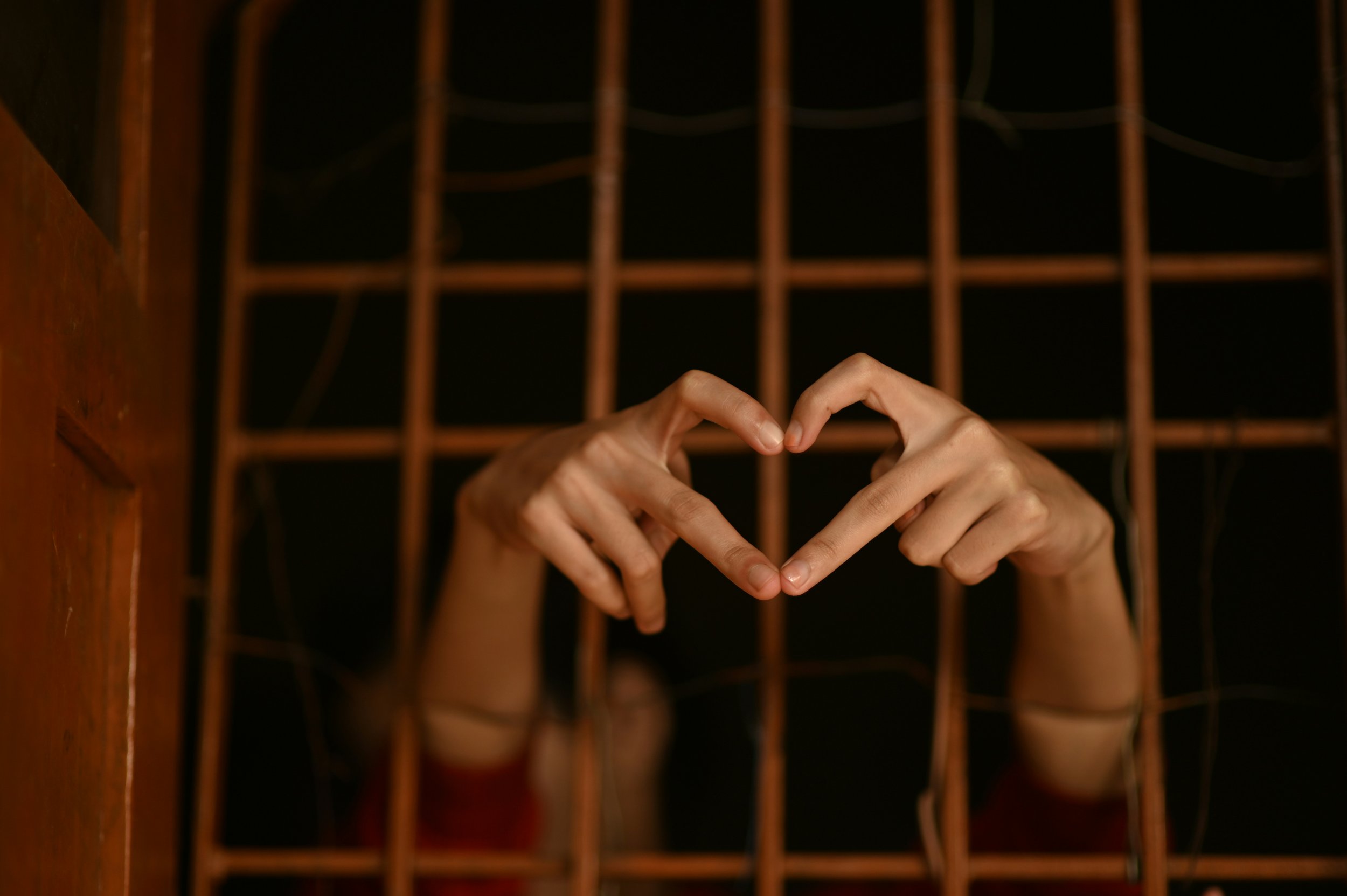The personal responsibility trap
/Guilt. It’s the one topic that I haven’t yet dared to write about in relationship to Olivia’s death and my grief. It’s been ever-present for me, and I assume for many other babylost parents, but it felt too vulnerable, even in this most supportive of spaces, to admit that I felt partly at fault for my daughter’s death. As I examined my own reasoning for this secrecy, though, it began to fall apart. Does feeling guilty and punishing myself help Olivia? I couldn’t see how it did, even though it felt wrong to absolve myself. Does feeling guilty help me? No, it makes me feel more alone and self-hating. Then who is helped by this guilt? Who benefits?
I know that this determination to label my pain as the most hopeless, my situation as the most special, is a self-destructive urge. But still I insist on its logic.
I feel ashamed because I made a choice around my pregnancy care that could have contributed to my daughter’s death. I bought into the idea that consumer choice can save us – you can choose from doulas, birth classes, endless pregnancy products, choose to opt in or opt out of genetic screenings, choose more or less intervention at various points. When all these options are available, if you have a bad outcome, that’s on you – at least that’s end point of the consumer choice and personal responsibility narrative.
But why was it left to me alone to determine what’s safest? I’m supposed to spend my pregnancy reading through conflicting pregnancy advice books and articles, not to mention social media, friends, and family giving their own advice with absolute confidence. Then when I make the wrong choice, I’m left to deal with the consequences and blame completely on my own. I should have known better.
This shame is very isolating. It isolates me even from other babylost parents by creating a hierarchy where I am the worst kind. I see myself as an offense to other parents who did everything in the safest way possible and still lost their babies.
The shame on a mother for her individual choices also happens to be very effective at preventing all of us in this situation from working together to change things. It keeps us quiet, and hidden. If we buy into the idea that consumer choice can save us, then it’s no one’s fault but our own when we choose the wrong advice and things go horribly wrong. We retreat into our individual pain. Then, if we can power through that pain and grief with just our own grit and resilience, it’s proof that nothing needs to change.
But what if we thought of both responsibility and resilience as collective, rather than individual?
What if we walked away from the individual memoir of the one sad woman, all alone in her shame?
What if we began to walk together, forming a collective chorus, louder and louder until our voices can’t be ignored? That’s already the work of Glow in the Woods – to create a community of support so that no one has to go it alone. Glow rejects that idea that grieving must be a private affair. We showcase and unite the stories of hundreds of bereaved parents and their children, with the common threads marked with tags to highlight how alike we can be in our grief. Indeed, this story will join the many others about guilt.
I know I’m not alone in feeling this way, but secrecy and shame have made me feel that I’m the most justified in my guilt. Today I want to start the work of feeling just a little less special, of finding out there are others like me. Not absolving myself completely, but taking some small pieces of this heavy load off my shoulders.
Do you feel guilt about the death of your baby? If yes, have you forgiven yourself? How? What would you tell another parent feeling this kind of secret shame? If you haven’t been able to forgive yourself, can you imagine the circumstances that would allow you to do so?


